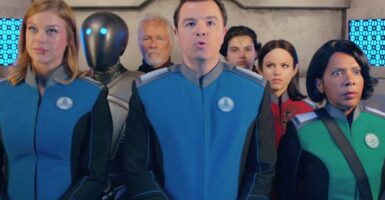Star Trek’s Two Best Films Share Strange Connection
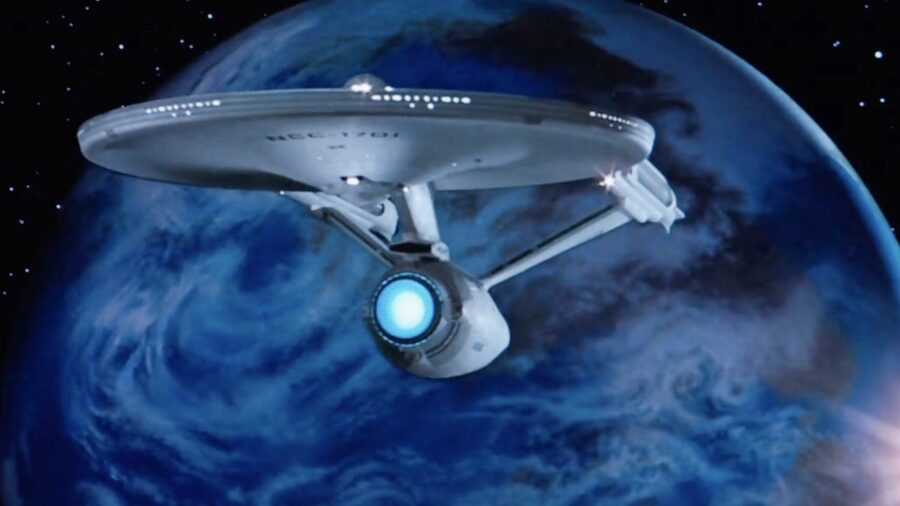
There are some very obvious similarities between the second and sixth Star Trek films: they are generally considered the best in the franchise (at least, of The Original Series movies), and both were directed by Nicholas Meyer. However, there is one truly bizarre fact linking these very different movies that most fans know nothing about. Instead of being called The Wrath of Khan, Meyer originally wanted to name the second film The Undiscovered Country, and once you know why, you’ll forever be annoyed that this title was used in a completely different context for the sixth film.
Star Trek II: The Undiscovered Country
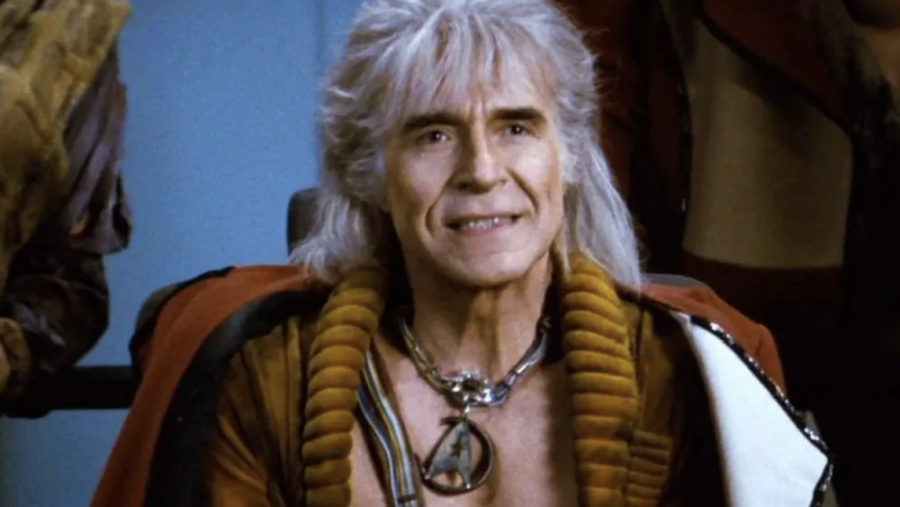
First, I’d be remiss if I didn’t use this opportunity to give Nicholas Meyer his full props for The Wrath of Khan. Everybody knows he’s the director of this hit sequel, but since the screenplay is credited to Jack B. Sowards and the story to Sowards and Harve Bennett, the majority of fans don’t think Meyer had anything with the writing of the film. In reality, the director actually took the script and story ideas from Sowards and Bennett and created his own script in only 12 days, a remarkable feat for a movie now widely considered the best Star Trek film.
A Shakespeare Reference
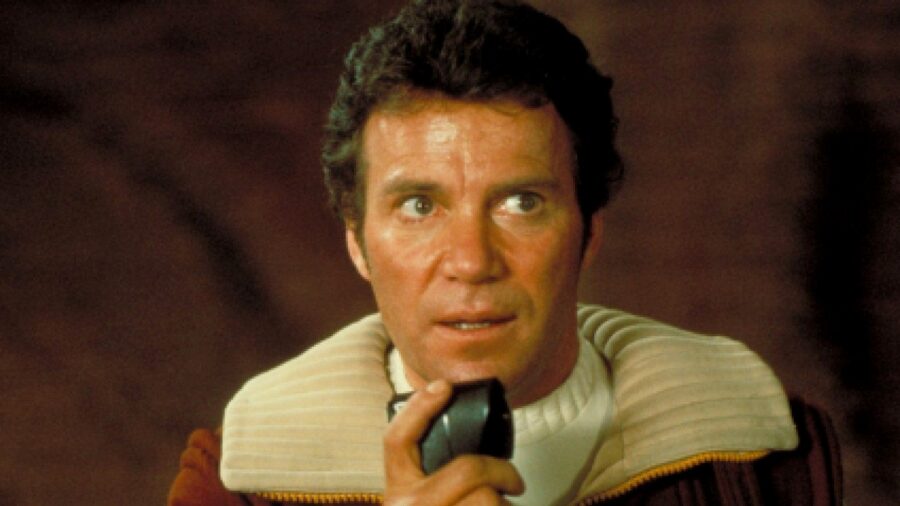
Where does titling that second film, The Undiscovered Country, come in, though? This is the title Meyer originally wanted to use, and he was actually deeply angry that Paramount changed it. The director wanted to keep his original title because his film was thematically about death, and to understand Meyer’s motivations, we’re going to have to stop talking about Captain Kirk’s film for a moment to discuss Captain Picard’s favorite subject: William Shakespeare.
From Hamlet’s Most Notable Moment
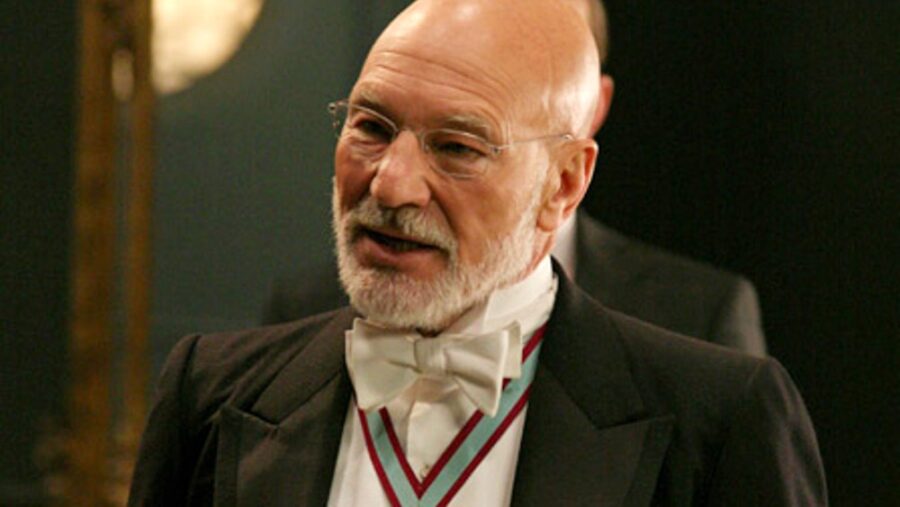
As you may or may not know, the phrase “the undiscovered country” comes from William Shakespeare’s Hamlet…specifically, from the titular character’s “to be or not to be” speech. This famous soliloquy is very explicitly about suicide, making the speech quite literal: Hamlet is deciding whether “to be” (to continue living) or “not to be” (to kill himself). During that speech, he calls death itself “the undiscovered country, from whose bourne no traveler returns.”
Star Trek 2 Kept The Theme
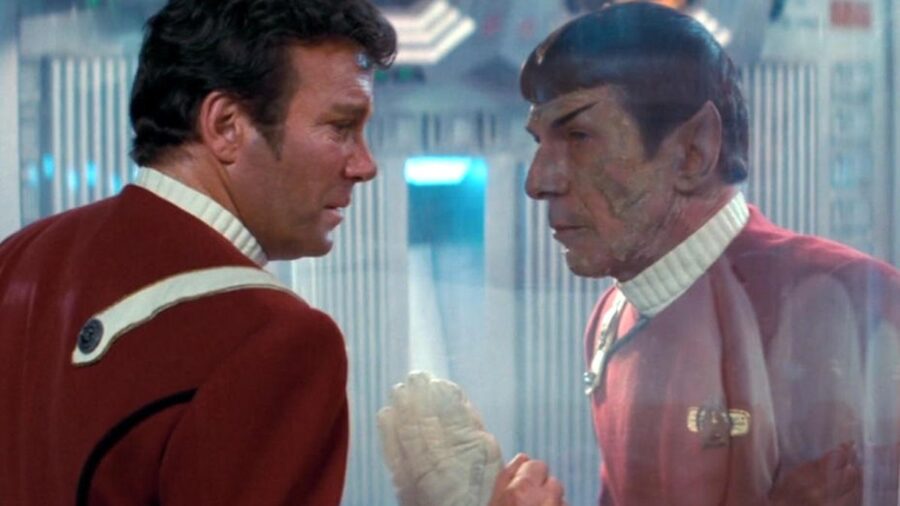
You can probably see where this is going: the emotional climax of The Wrath of Khan is fan-favorite character Spock sacrificing his life to save everyone aboard the Enterprise; with his dying breath, he reminds Kirk that “the needs of the many outweigh the needs of the few…or the one.” If this film had been titled The Undiscovered Country as Meyer originally wanted, it would have thematically foreshadowed the death of a major character. Of course, it would have been a tad ironic since this movie sets up a sequel in which Spock, contrary to Hamlet’s assertion, does return from death.
The Star Trek 6 Adjustment
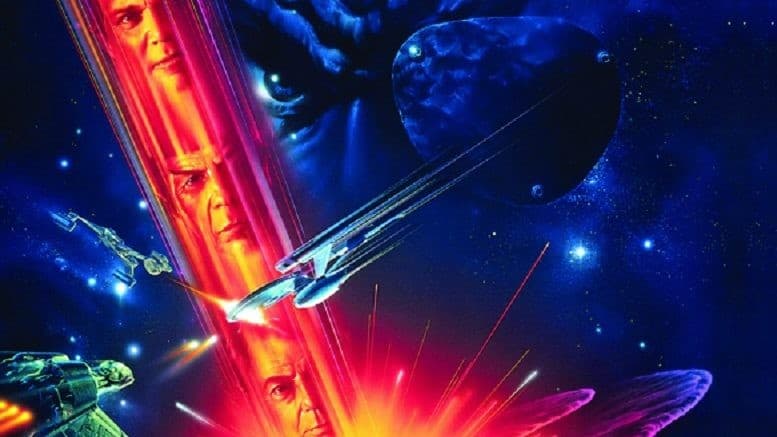
After the failure that was Star Trek V: The Final Frontier, Nicholas Meyer returned to direct Star Trek VI: The Undiscovered Country. He obviously used the opportunity to give this film the title he originally wanted The Wrath of Khan to have, but this also required tweaking the context, with Klingon Chancellor Gorkon proposing a toast to “the undiscovered country…the future.” It’s a pleasant sentiment, but in retrospect, it’s a bit annoying that the movie uses a Shakespeare quote about death to communicate a completely different idea about the future.
Star Trek And Shakespeare Work Well Together
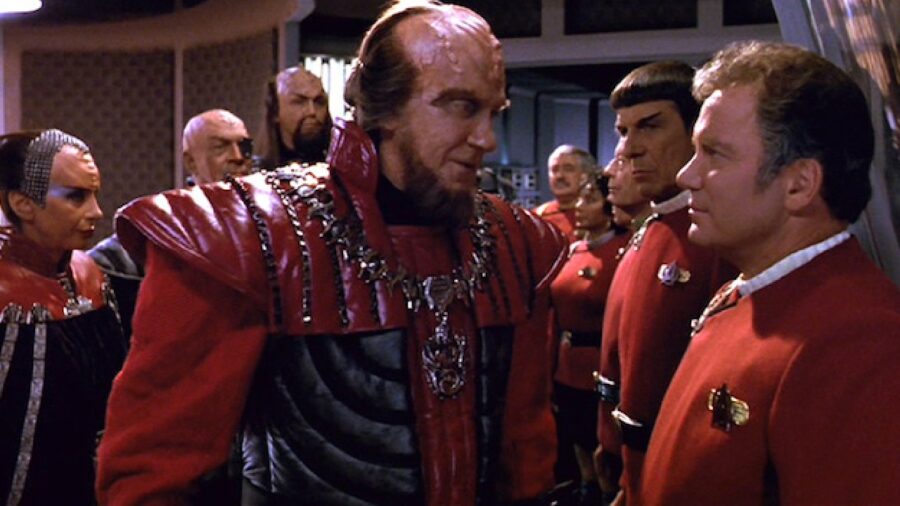
If you’re feeling generous, though, you could say that the title of Star Trek VI: The Undiscovered Country is morbidly ironic. It may be Gorkon who proposes the toast, but it’s the traitorous General Chang who spends most of the film quoting Shakespeare. He would most certainly know the real meaning behind the original quote, and with the help of Starfleet allies and a Bird of Prey that can fire when cloaked, he sends Gorkon and many others to an afterlife where, unlike Spock, they will never return.
Both Films Are Still Amazing
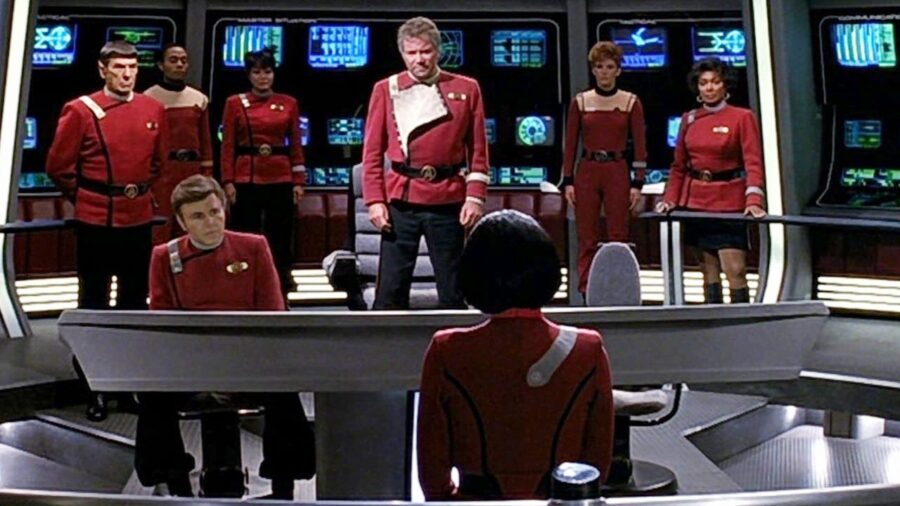
None of these revelations about Star Trek VI: The Undiscovered Country should make fans like the sequel any less…it is, quite frankly, too great of a film to be brought down by trivial complaints. However, the next time I watch Spock’s sacrifice in The Wrath of Khan, I’m going to think about how we nearly had a title that paid homage to the special significance of his death. It’s enough to make me want to brush up on my Shakespeare, but does anyone know where I can find Hamlet written in the original Klingon?



